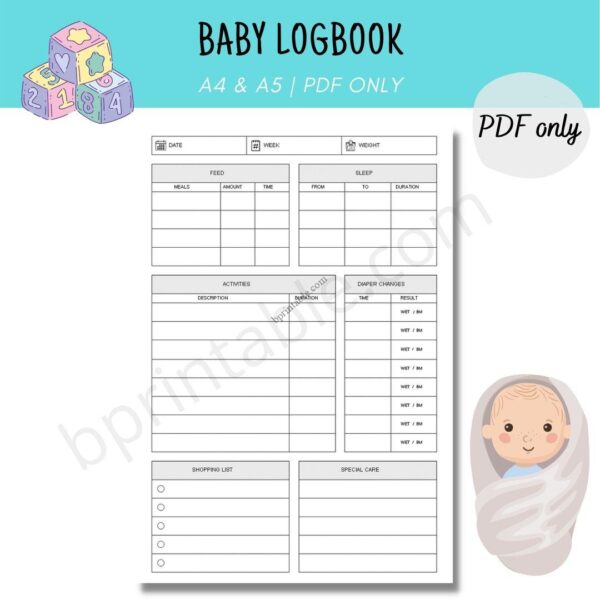Starting a daily routine with your baby can be a rewarding and beneficial experience for both you and your little one. Babies thrive on predictability and structure, as it helps them feel safe and secure. In this comprehensive guide, we will walk you through the steps to establish a successful routine for your baby. From sleep schedules to feeding patterns, we’ve got you covered.
Understanding the Importance of a Baby Routine
A well-structured routine not only makes life easier for you as a parent but also plays a crucial role in your baby’s development. Here are some key benefits:
1. Predictability
Babies feel more secure when they know what to expect. A consistent routine helps your baby anticipate events like feedings, naps, and playtime.
2. Better Sleep
Establishing a sleep routine can help your baby sleep through the night, providing you with much-needed rest as well.
3. Healthy Development
Routines can aid in the physical and emotional development of your baby. Regular feeding and playtime contribute to their growth.
Setting Up a Baby Routine
1. Creating a Schedule
- Start by creating a schedule that suits both you and your baby’s needs. Consider your baby’s age, as younger infants have different needs than older ones.
- Focus on establishing regular feeding times. Breastfeeding or bottle-feeding should be done on a schedule.
- Plan for naptimes and bedtime. Make sure the sleep environment is safe and comfortable.
2. Feeding Time
- Whether you’re breastfeeding or bottle-feeding, ensure that you feed your baby every 2-3 hours in the early months.
- As your baby grows, you can start introducing solid foods. Gradually establish meal routines.
3. Naptime
- Babies need frequent naps. Make sure to provide a quiet and dimly lit environment for naps.
- Consistency is key. Try to put your baby down for naps at the same times each day.
4. Playtime and Interaction
- Engage with your baby through play and interaction. It’s essential for their cognitive and social development.
- Incorporate tummy time to help with motor skills and strength.
5. Bedtime Routine
- Create a calming bedtime routine that signals the end of the day. This could include a warm bath, a bedtime story, and gentle lullabies.
- Aim for a consistent bedtime to help your baby differentiate between day and night.
Tips for Success
- Be Flexible: While routines are important, flexibility is also key. Babies can be unpredictable, so adapt as needed.
- Track Progress: Consider using a baby daily log book template to track your baby’s feeding, sleeping, and diaper changes. This can help you identify patterns and make adjustments.
- Seek Support: Don’t hesitate to reach out to other parents, pediatricians, or parenting groups for guidance and support.
- Stay Patient: Establishing a routine may take time, but patience is crucial. Stick with it, and you’ll see positive results.
Conclusion
Starting a routine with your baby is a journey that requires dedication and consistency. By providing structure and predictability in your baby’s life, you’re setting the foundation for healthy development and a happier, more content baby. Remember, every baby is unique, so it may take some trial and error to find the perfect routine that works for your family.


